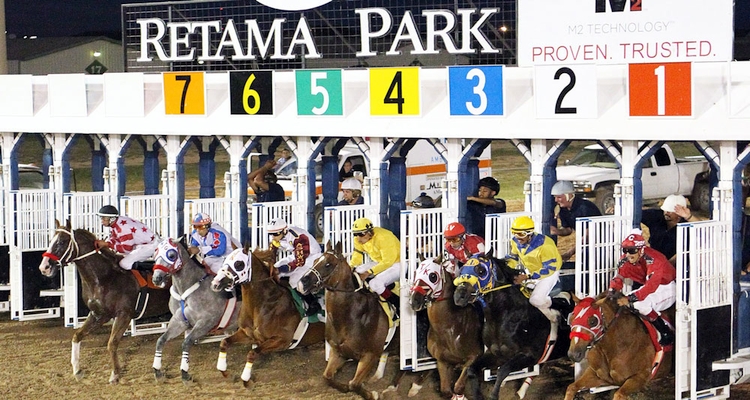Last week the Texas Legislature gave the Racing Commission there just enough money to operate until February. The commission’s new director, Rolando Pablos, told staff to start “the process of shutting down,” adding that the end of February will see the end of horse racing in Texas. The commission can’t oversee and regulate the industry without a budget, and unless they repeal rules regulating historical racing machines, they won’t see another penny from the Legislature according to the current scenario.
Tracks across the country have suffered declining revenues with lower attendance over the last decade, and longer in some places. Many analysts trace the flight of capital from horse betting to video lottery terminals as well as ‘racinos’ that offer live racing, simulcast wagering, and ‘slots’. In a state like Texas, with only one legal casino on land (Kickapoo Lucky Eagle) and one at sea (Aransas Queen) millions of dollars leave the state on a daily basis. That money finds its way into gambling machines in surrounding states – many with casinos right on the border, tapping the Texas market.
One way to keep money at local racetracks is to offer Historic or ‘instant’ racing machines. The games look a lot like slots. The revenues help the tracks stay open, offer bigger purses thus drawing top horses, jockeys, and trainers, and give people something to do closer to home. Some say they are simply slot machines in disguise and insist they are illegal where slots are not allowed. Proponents point out that they don’t use random number generators or bingo cards to determine winners and that players on different machines are betting in a parimutuel pool against each other (not the house) and the results are based on actual races already run.
On Tuesday the Texas Racing Commission voted 4-4 with 1 abstention to not repeal rules regulating the machines. Tracks in Texas shut down for one day in September when the Commission was temporarily suspended. Since then they have been given temporary appropriations to continue running.
It’s a Texas sized showdown with Gov. Greg Abbott and conservative leaders on one side vowing not to allow the devices, and a racing commission on the other side, so-far standing steadfast in their assertion that the tracks simply cannot survive without the additional revenues the racing machines provide. The state contends the commission exceeded its authority in regulating the machines as only the citizens can authorize ‘expanded gambling’. The state has failed for years to allow the people to vote on the issue.
Other states have struggled with the machines as well. Idaho produced a comedy of political errors and lost the machines to an effort by a tribal gaming concern. The Wyoming Parimutuel Commission has pulled the plug as well, at least temporarily. Kentucky has seen the machines survive a battle to the Supreme Court there only to be remanded for a further definition of parimutuel.
The Texas Racing Commission serves at the pleasure of the Governor.



